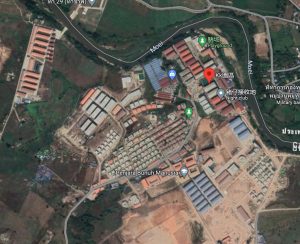The United States-based organization Unbound Now has spent the last decade focused on the prevention of human trafficking, professional training, and survivor advocacy, establishing offices in Indonesia, Mongolia, Poland, and Cambodia.
More recently, the NGO has become involved with the more complex criminal networks and rescue operations in Southeast Asia by establishing connections and networking with officials and agencies that include Interpol, militaries, and local police forces.
Among those who rescue the trafficked with Unbound Now is Amy (last name withheld). She spoke with Luke Hunt about the dramatic surge in human trafficking following the COVID-19 pandemic, much of it focused on slave compounds where educated Asians are forced to work in online scam operations.
Unprecedented warnings were issued by Asian governments in March last year, heralding a litany of stories – particularly by journalists in Cambodia – detailing how Chinese organized crime syndicates used false advertising to trick people into taking jobs only to find themselves enslaved.
Amy says the focus of human trafficking has shifted from Cambodia to Myanmar, particularly along the Thai border, where traffickers are taking advantage of the civil war and believe they can operate with impunity. One compound (pictured) is suspected of holding up to 10,000 people who were trafficked across the notoriously porous Thai border.
In a separate operation, seven people were rescued – after communicating with friends via Facebook Messenger – and their bondage included all the hallmarks of modern day slavery, including torture, beatings, quotas to be filled, exhausting hours, and being held against their will.

































